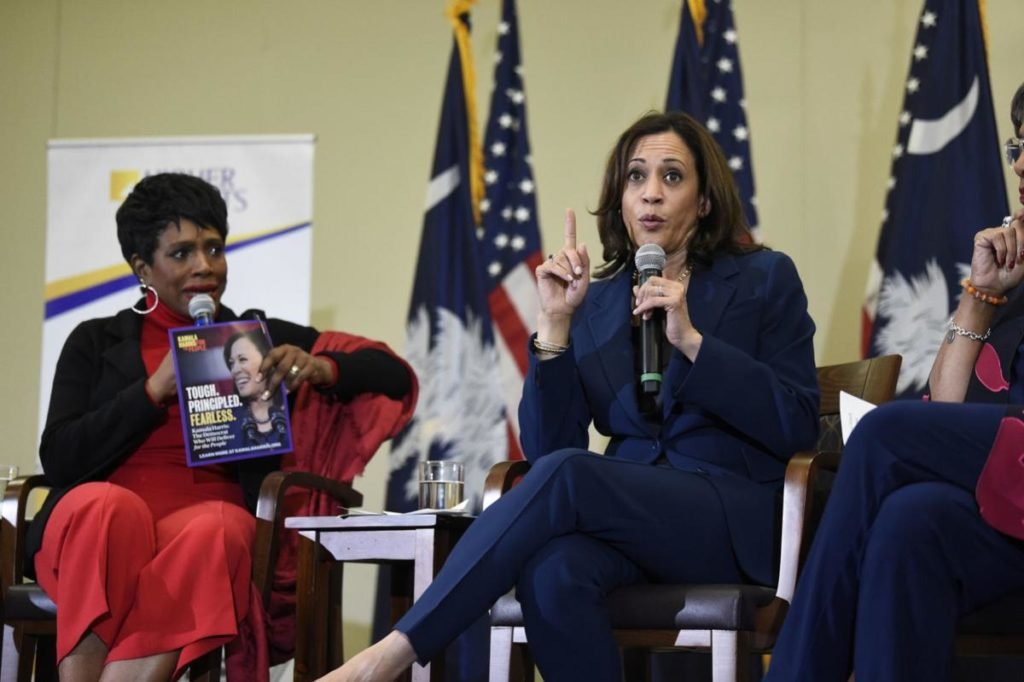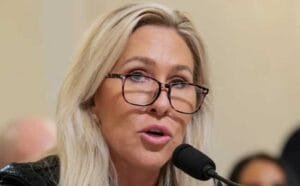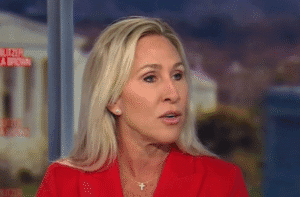Harris proposes doubling mental health treatment beds

The Democratic candidate for the Presidential elections of 2020, Kamala Harris, has said in an interview that she wants to double the number of beds in hospitals for those suffering from mental health issues. She also has made a stand about making Medicare reliable for covering such services for mental health patients.
As part of her mental health platform which was unveiled on Monday, the Californian candidate mentioned that she would like to bring focus to the vulnerable sections of society, such as children and veterans. She intends to clear hurdles for these sections such as surprise billing for out of network providers and higher charges for mental health services. The healthcare plan under her administration will include getting healthcare for all Americans by making sure that copays and deductibles are removed. The plan includes making better access to providers via telemedicine and investing federal dollars into public health issues among veterans.
She will specifically be focusing on the shortage of mental health and addiction treatment in states like Iowa, Nevada, South Carolina and others where shortages are faced.
She has proposed to repeal the Medicaid policy that prohibits directs federal funds to not be given to large mental health institutions as she claims it has exacerbated a shortage of acute psychiatric care beds.
Kamala Harris has a great plan in place but has not yet talked about how she will be funding her mental health plan which is heavily reliant on her ‘Medicare for All’ plan. Her plan would offer mental health services on demand through communication channels like phone and video to all Americans.
It proposes that a $100 million fund be established for Native American communities in order to address their mental health issues without putting a price on other policies that could cost a lot.
For instance, Congress has attempted to repeal the Medicaid payment policy without success in the past as it incurs a huge cost to the government. The Congressional Budget Office has estimated a previous bill that has found that it would cost the State $40-$60 billion over the next 10 years if the act was to be repealed.








